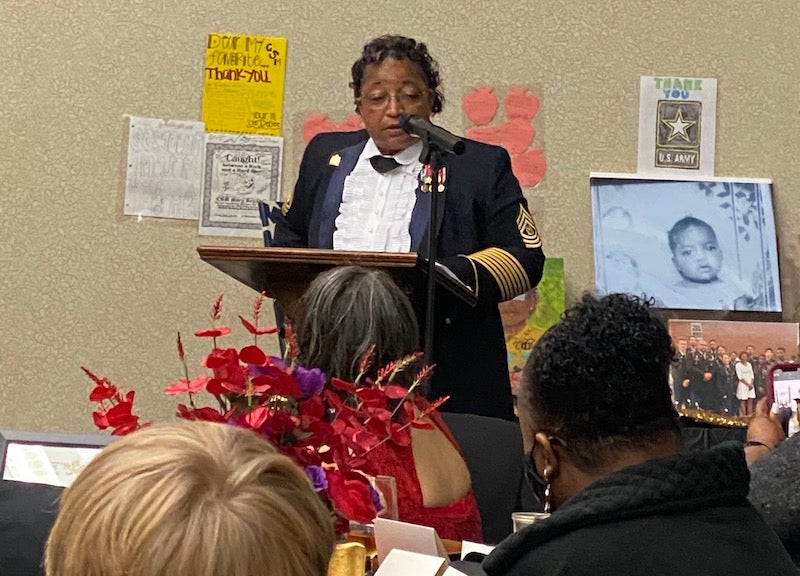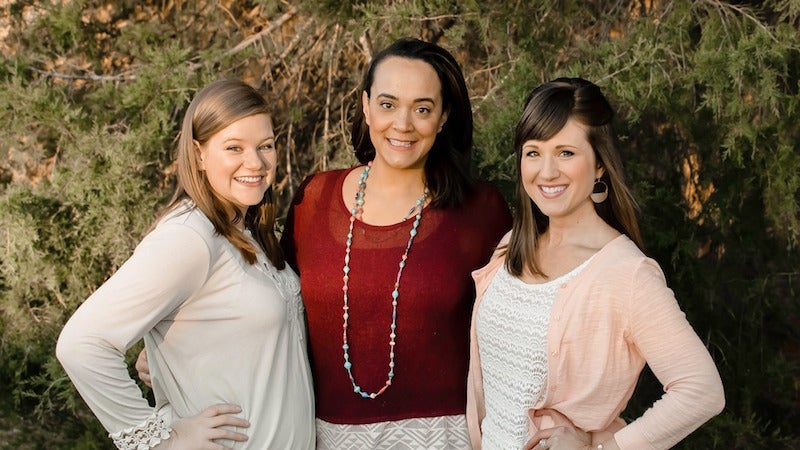What is your life’s blueprint?
Published 12:47 pm Wednesday, June 24, 2020

- Contributed
|
Getting your Trinity Audio player ready...
|
By CONNIE NOLEN | Community Columnist
As horrific scenes of racism rival the pandemic in the world’s media, teachers’ minds turn to lessons. What can teachers do better to promote unity and deep commitment to justice and respect?
Pelham High School is a remarkably diverse school. Students whose skin represents a broad array of nuanced hues and whose voices carry a variety of accents fill classrooms. Energized by their unique perspectives, beginning the journey of a school year with these students is fascinating. Spending a career of school years with them has been transformative.
With distance learning, the loss of classmates’ voices challenged many students. Teachers plan lessons and create structures. Students bring those lessons to life—especially in junior English where we study American literary works seeking to improve our own argumentative writing with powerful personal anecdotes.
Revisiting my argumentation unit—rich with letters, poetry and speeches that sparked change in American society—the realization of how far we are from equality is painfully fresh. I search the works for clarity, review the audio and video clips for impact and begin to seek those updates that will captivate students and bring the world in focus.
One added video is of Dr. Martin Luther King, Jr. speaking to Philadelphia junior high students on October 26, 1967. While I’ve watched many of King’s speeches, this one is different. Dr. King is completely unguarded. The students’ thunderous applause has demonstrated how thrilled they are to receive him. The speech entitled “What Is Your Life’s Blueprint?: Martin Luther King, Jr.’s Advice for Young People” commissions young people.
“You have a responsibility to seek to make your nation a better nation in which to live. You have a responsibility to make life better for everybody,” King declares.
Before I can teach better, I need to listen more. I am reaching out to former students for insight that will help me teach with authenticity. Dr. King leaves his young audience with this advice in closing, “If you can’t fly, run. If you can’t run, walk. If you can’t walk, crawl, but by all means–keep moving!”








